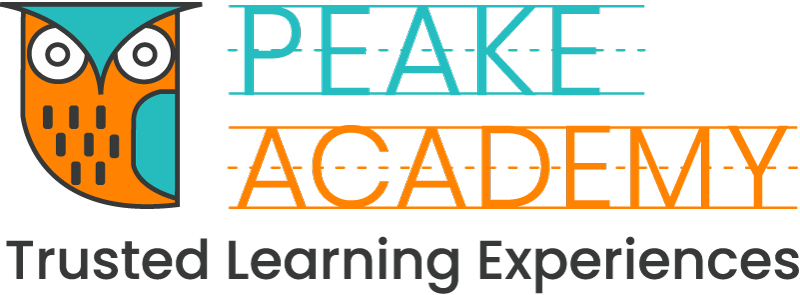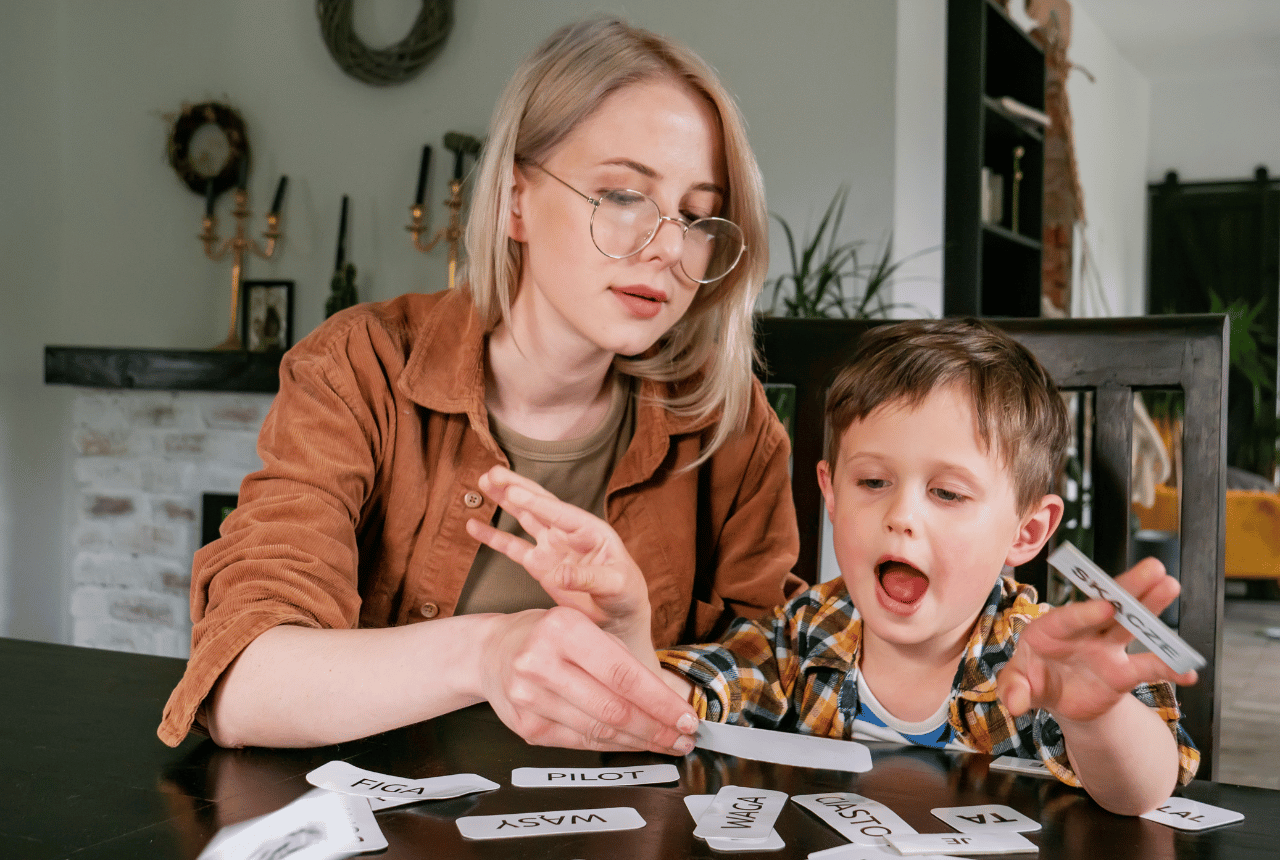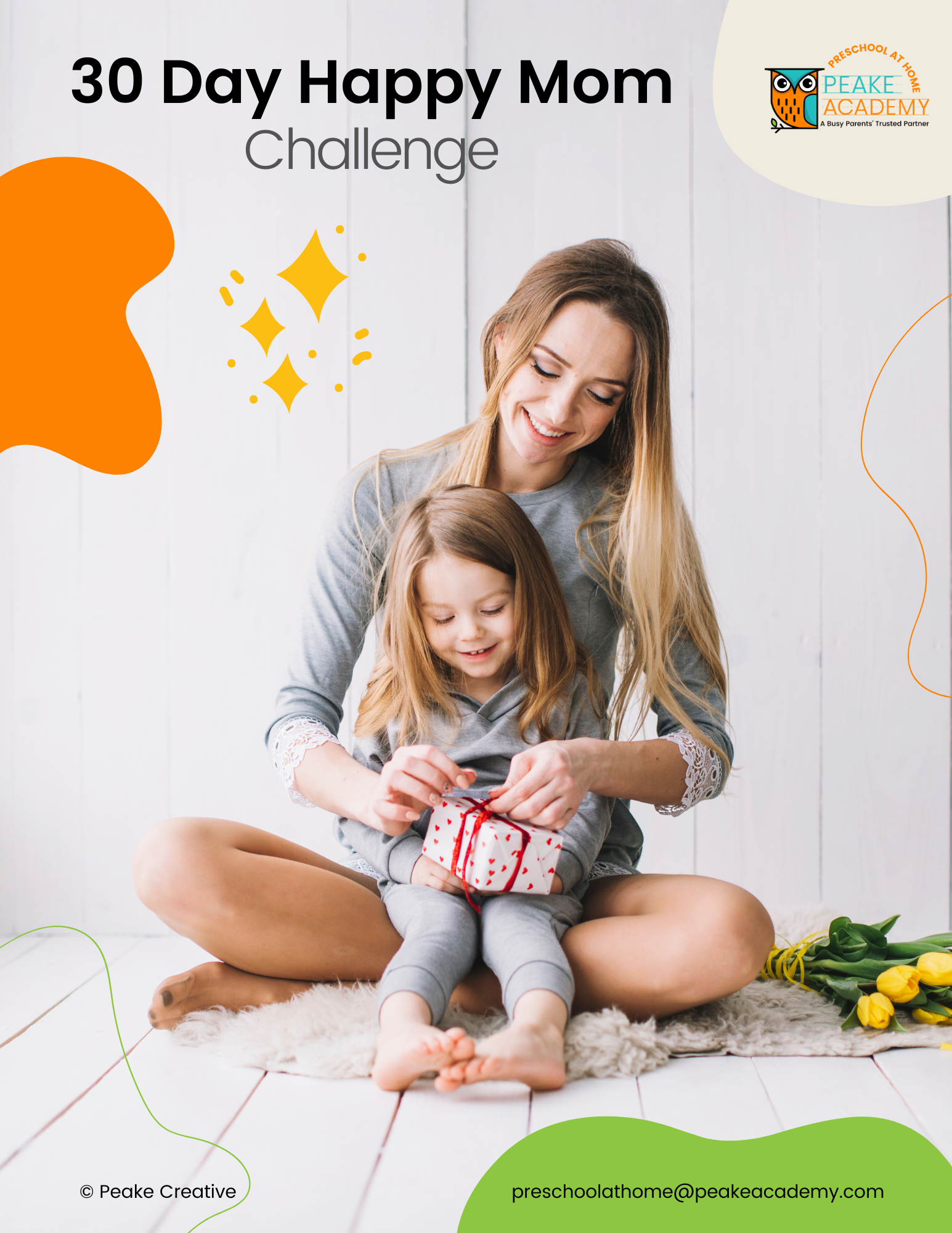Guiding Your Preschooler Through Home Distractions: Effective Strategies for Parents
As parents navigate the delicate balance between work and family life, the challenges of keeping a preschooler engaged and focused in a home environment can be particularly daunting. With the myriad of distractions that exist within the home, from electronic devices to household chores, finding effective strategies to guide your preschooler through their day is crucial. In this article, we will explore practical and proven methods to create a conducive learning environment for your little one while juggling the demands of daily life.
Establishing a Consistent Routine
Preschoolers thrive on routine, and establishing a consistent daily schedule can help create a sense of predictability and stability for them. Start by setting regular wake-up and bedtime hours, as well as designated times for meals, play, and learning activities. Consistency helps preschoolers understand expectations and reduces the likelihood of disruptions caused by sudden changes in their routine.
Designated Learning Spaces
Create dedicated learning spaces within your home to minimize distractions. Set up a comfortable and well-lit area where your preschooler can engage in educational activities. This space could include a small desk, a cozy reading corner, or a designated play area with educational toys. Having a specific location for learning can signal to your child that it's time to focus and engage in educational activities.
Limit Screen Time
In today's digital age, electronic devices can be a significant source of distraction for preschoolers. While educational apps and programs can be beneficial, it's crucial to set limits on screen time to promote a healthy balance. Ensure that the content is age-appropriate and use screen time as a supplement to, rather than a replacement for, other forms of learning and play.
Engage in Interactive Learning
Preschoolers learn best through hands-on, interactive experiences. Plan activities that involve your child actively, such as arts and crafts, simple science experiments, or outdoor play. These activities not only enhance their cognitive development but also help them expend energy in a positive way, reducing the likelihood of restlessness and distractions.
Break Tasks into Manageable Chunks
Preschoolers may struggle with tasks that seem overwhelming or lengthy. Break down learning activities into smaller, manageable chunks to help them stay focused. For instance, if working on a puzzle, start with a few pieces at a time and gradually increase the complexity as your child becomes more comfortable with the task. This approach makes learning more enjoyable and less intimidating.
Encourage Independent Play
Teaching your preschooler to engage in independent play is a valuable skill that fosters creativity and self-sufficiency. Provide a variety of age-appropriate toys and encourage your child to explore and play on their own. This not only allows you some time for other responsibilities but also teaches your child to manage their time and activities independently.
Incorporate Movement Breaks
Preschoolers have boundless energy, and incorporating movement breaks into their routine can help channel that energy in a positive way. Schedule short breaks for physical activities such as dancing, stretching, or even a quick game of Simon says. These breaks not only help your child release pent-up energy but also contribute to improved focus and concentration during learning sessions.
Be Mindful of Your Own Distractions
As parents, it's essential to be mindful of our own distractions, as children often mirror the behavior they observe. When engaging in learning activities with your preschooler, try to limit distractions such as phone use or household chores. Demonstrating focused attention sends a powerful message to your child about the importance of concentration and active participation in the learning process.
Use Positive Reinforcement
Positive reinforcement is a powerful tool in guiding preschoolers through learning tasks. Offer praise and encouragement when your child successfully completes an activity or demonstrates focus. This positive feedback helps build their confidence and reinforces the idea that concentration and effort lead to positive outcomes.
Stay Flexible
While routine is crucial, it's also essential to stay flexible and adapt to your child's needs. Preschoolers may have varying attention spans and energy levels, so be prepared to modify the schedule or activities if necessary. Flexibility allows you to create an environment that meets your child's individual needs, fostering a positive and enjoyable learning experience.
Guiding your preschooler through home distractions requires a thoughtful combination of structure, creativity, and flexibility. By establishing a consistent routine, creating designated learning spaces, and incorporating interactive and age-appropriate activities, you can create an environment that promotes focus and engagement. Remember to limit screen time, encourage independent play, and be mindful of your own distractions. Through positive reinforcement and staying flexible, you can navigate the challenges of balancing work and family life while providing your preschooler with a nurturing and enriching learning experience at home.
Free Resource
Thank you for reading this content. And if you loved this post, please be sure to join our Parent Advisor Facebook group where we share more insights and community.
Keep your little ones motivated and engaged during home distractions with our fun and interactive Positive Punch Cards. Download now for a rewarding and fun way to guide your child through distractions at home!
Everyone deserves self-care
The same goes for busy moms like you. So let's do it together and create a healthy habit!
Join the 30-Day Happy Mom Challenge Today!
Visit our Parent Advisor and The Buzz Blogs to learn more about related topics and parenting tips. You are welcome to join our private Parent Advisor Facebook group. It’s a growing community of parents and preschool teachers where you can learn and share more parenting tips.












